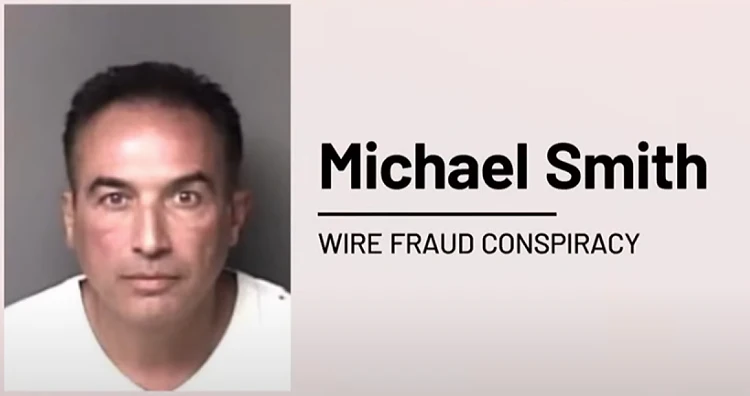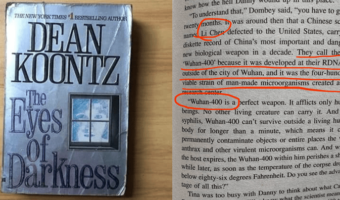Musician Uses 10,000 Bots to Stream His Songs and Collect $10 Million in Royalties, Arrested for Wire Fraud

While mankind mulls over the AI apocalypse in the far future, the more mundane threats of the early days of the AI Age have begun to materialize. In the first-of-its-kind charge for misusing artificial intelligence to inflate music streaming, a 52-year-old man was arrested for a brazen fake stream fraud of $10 million.
Musician Michael Smith used 10,000 bots to fake-stream his songs in the billions.
North Carolina musician Michael Smith saw great potential in the budding music streaming industry, albeit with malicious intent.
As artists collect part of the revenue from ads and subscription fees as royalties for their music, Smith seized the opportunity and amassed $10 million in royalties between 2017 and 2024. During these years, he created and streamed hundreds and thousands of AI-generated songs on various platforms, including Spotify and Apple Music.
However, Smith was arrested on 4 September 2024 for massive streaming manipulation fraud. As it turns out, he was using 10,000 active bots to artificially inflate his streams by the billions. The fake streams helped him claim a share in royalties that rightfully belonged to artists whose music was consumed by real people.
Michael Smith used countless debit cards and VPNs to avoid detection by streaming platforms.

Streaming platforms are aware of AI-enabled streaming bots and have measures in place to detect fraudulent activities. However, Michael Smith’s scheme was devious enough to bypass bot detectors.
On the surface, it was a simple three-step plan: create thousands of bot accounts, use software to make the bots continuously stream songs, and then collect royalties.
Creating 10,000 bot accounts is a labor-intensive task, so Smith hired people to do the data entry work of creating fake accounts. To reduce the subscription costs of such a massive army of bots, he availed himself of family plans offered by subscription services. Such plans allow multiple users from the same household to access the platform and are cheaper than multiple individual accounts.
To avoid suspicion and detection, the man used a large number of debit cards. He obtained them under the pretext of handing them out to his employees so that it seems each bot is using a different payment source.
Bots were logged in from different VPNs to conceal that they were all operating from the same location.

Smith was aware that songs with billions of fake streams were sure to arouse suspicion, so he spread his bot streams across thousands of songs under randomly generated fake artist names and titles. Artist names from an alphabetized list included “Calliope Bloom,†“Callous Humane,†and “Callous Post.â€Â Fake song titles went by “Zygotic Lanie,†“Zygotic Washstands,†and “Zyme Bedewing.â€
He created these songs with help from the CEO of an AI music company and a music promoter. The names of both have not been disclosed in the indictment.
For Smith’s fake stream fraud and its concealment, he was charged with three counts of conspiracy to commit wire fraud (in violation of Title 18, United States Code, Section 1343 and 1349), wire fraud (Title 18, United States Code, Sections 1343 and 2), and money-laundering conspiracy (Title 18, United States Code, Section 1956(a)(l )(B)(i)). If found guilty, the musician may face decades of imprisonment.
























